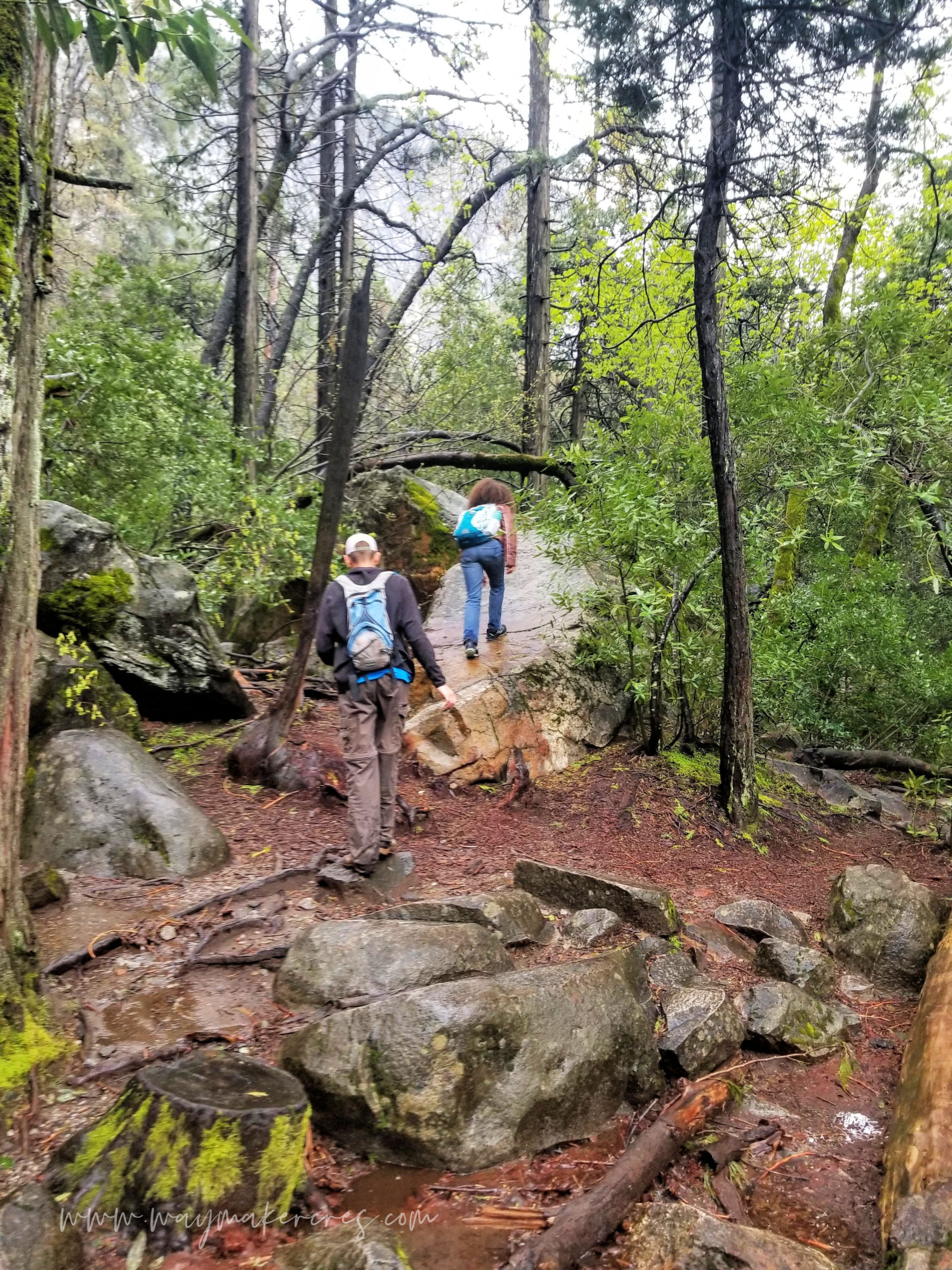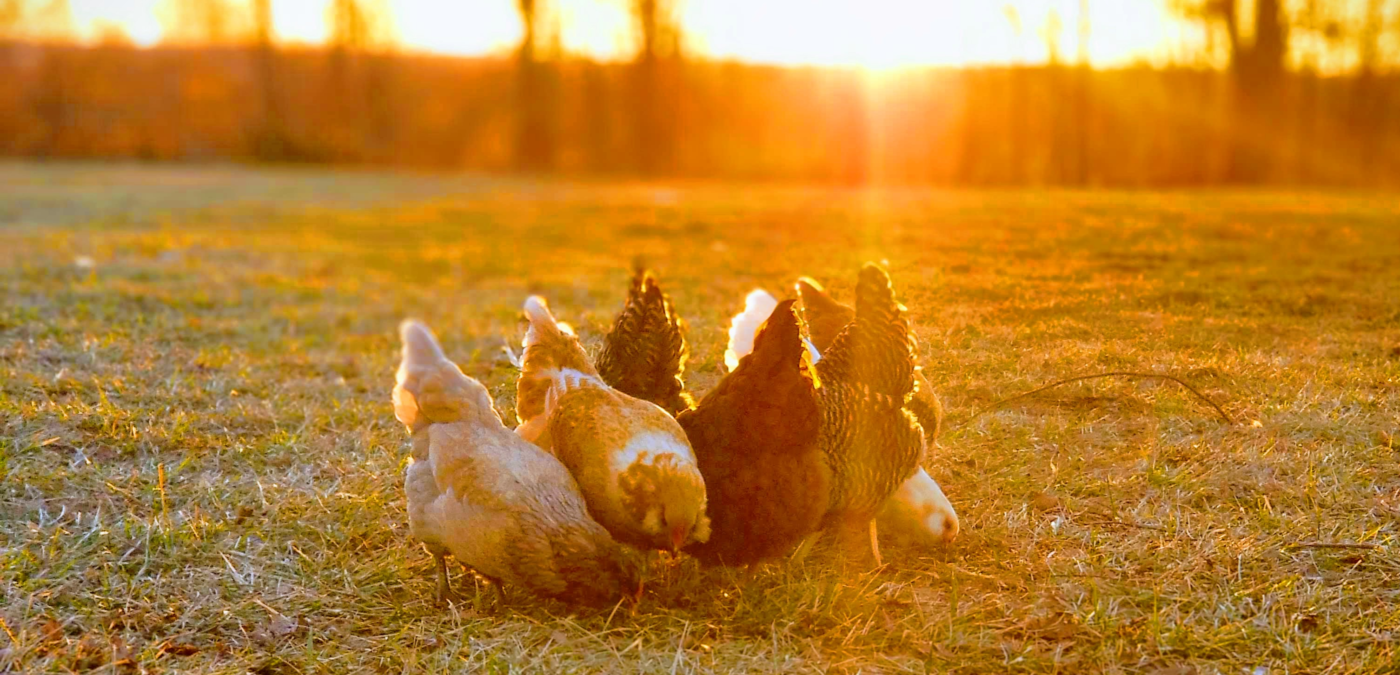
Adventures in Homeschooling
In a bit of a departure of my homesteading adventures, I’m switching gears today to share a bit about my homeschooling adventures. I mean, hey, our homeschooling happens at our homestead, so it relates. Right?
When our children were born, it was just a given that we would homeschool. The town we lived in had terrible schools, and for us, it was a no-brainer. We also agreed that we would take it year by year and do what was best for our children so as to meet their needs. That commitment has led us on a wild and crazy journey that has involved public, private, and homeschool opportunities. The majority of their education, however, has been at home.
After having both children in public school for a couple of years, we knew we needed to bring them home again, each for different reasons. During The Inventor’s third grade year, we watched him struggle. The best way I can describe it is that we watched him die a little bit more every day. That decision to bring him home led us on a journey to discover that he has a brain that doesn’t learn in the way that a typical public school system is designed to teach students. With dyslexia, dysgraphia, dyscalculia, executive functioning issues, auditory processing disorder, and a school district that said, “Yes, he needs help, but sorry, he doesn’t qualify for any,” a regular classroom environment was all but worthless for him. The thing is, he’s incredibly smart – just not by the standard so many modern day educators use. The Equestrian, on the other hand, took to “typical” education like a duck to water. We were not comfortable with the public school system for her, though, and the financial burden of private school negated that as an option for us.
Recently, I’ve been reflecting on the fact that we are in the sunset of parenting our children while they live under our roof. Obviously, we will always be their parents, but the season of them living with us as minors is quickly coming to a close. One thing we talk about often is that everything we consume, whether we listen to it, watch it, or read it, is trying to win our affection and our attention. We must be vigilant about keeping the Truth before us, as well as developing the skills to critically think through these messages and rightly divide them in light of that Truth. For us, that’s the goal of our final homeschooling years.
The Inventor has had a difficult time understanding this concept. School is a daily struggle for him. He doesn’t quite understand the point of studying Biology or why he’s reading Socrates and discussing, “What is virtue?” He doesn’t understand how he will use this in his adult life. Why put so much effort into something that he’s not good at when he can simply spend time out in the shop tinkering? Because he’s a visual learner, I’ve learned to paint verbal pictures for him when trying to explain things. This week it looked something like this:
Him: Why can’t I remember this? I should know this!
Me: We just read it. It’s okay if you don’t remember all of it. You only just heard it for the first time. Look back in the book.
Him: I’ll never be able to remember this when I’m older.
Me: I don’t remember half the stuff I learned in high school and college. It’s okay.
Him: Then what’s the point?
Me: (deep breath as I explain for the umpteenth time this year) The point is that you learn how to learn. I really couldn’t care less if you can remember what kind of paint Vermeer used on The Milk Maid or what the difference is between xylem and phloem. I want you to learn how to learn so that when you’re 35 and want to explore underwater welding, you’re not intimidated by how to go about learning that. When you’re 52 and want a career change and decide to become a pig farmer, you have to tools to be able to learn how to be the best pig farmer in history. I want you to enjoy the learning process so that when you’re 67 and retired, you can pick up some knitting needles and learn a new skill with your granddaughter without thinking you’ve done all the learning you’ll ever need in life. The point is that you be able to think critically through all the messages you receive in life and understand it through a biblical lens, being able to differentiate Truth from lies. I want you to have the tools at hand to be able to know what is a reliable resource and what is one that is politically skewed. The point is for you to be able to formulate a solid position, opinion, or argument, be able to understand why you hold it, and be able to articulate it clearly. You’re getting so caught up in the “subject” itself that you’re missing the big picture.
I continued on, asking him to recall our trip to Yosemite last year.

Me: Remember when we went to Yosemite last year? Tell me what you remember about it.
Him: Well, I remember that we drove up a road and got out to look over the valley and you cried. Then we drove through a long tunnel and went to see those giant trees.
Me: Yes, do you remember walking up to the base of Bridalveil Fall? The parking lot at the trail head was where we saw that old telephone booth and I made a phone call? Remember hiking up the path to see the water crashing down? That was pretty cool. Very interesting, right? Definitely worth the time taken to explore, but it didn’t make me cry like when we saw the whole valley at once. Yet, that waterfall makes up a significant landmark of valley as a whole. The valley view wouldn’t be what it is without it. When I talk about my goals for you in your education over the next couple of years, I am looking at the valley as a whole. I’m looking at the big picture. You’re getting caught up in the up close experiences of hiking to the bottom of the water fall, which while important, isn’t the main point.

I could see the pieces of this puzzle begin to click into place for him. He was getting it. Studying the subjects of Biology, Western Civilization, Algebra, and even Welding serve to help him accomplish that bigger goal of being a critical thinker who can articulate and defend his position. He’s learning lifelong skills that will serve him well, even if he always has to look up the Quadratic Equation and when President Lincoln signed the Emancipation Proclamation. A Google search can tell us those things, but it can’t tell how to think (though it may certainly try to tell us what to think). And that, dear reader, is my hope for these last few years of homeschooling with my favorite people in the world: that they would learn the how of thinking and not just the what.
I’m sure we will have this conversation, in some variation, again over the next couple of years. I will remind him of these goals as often as needed. Truth is, it’s a good reminder for me too because, as a homeschool mom, I can get caught up in the comparison trap when I hear about the amazing accomplishments of other homeschooled kiddos…but that’s another post for another day.
Do you homeschool? What are the big picture goals that you have for your students?
~Louise






